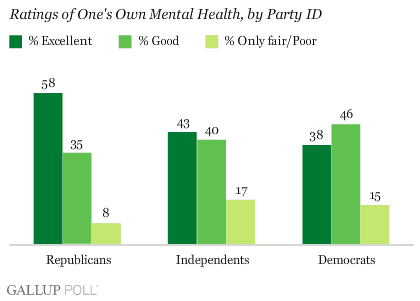Elephant-
The debate about the deterrent effects of the death penalty continues today, and the statistical research is far from conclusive as you suggest. Indeed the studies you cite have been criticized by many in academics as unsound and statistically flawed. Check out the following
link which provides further links to the studies you cite and to the critiques of those studies. The following are representative examples:
Public Policy Choices on Deterrence and the Death Penalty: A Critical Review of New Evidence: In testimony before the Massachusetts Joint Committee on the Judiciary regarding proposed legislation to initiate a "foolproof" death penalty, Columbia Law School Professor Jeffrey Fagan analyzed recent studies that claimed that capital punishment deters murders. He stated that the studies "fall apart under close scrutiny." Fagan noted that the studies are fraught with technical and conceptual errors, including inappropriate methods of statistical analysis, failures to consider all relevant factors that drive murder rates, missing data on key variables in key states, weak to non-existent tests of concurrent effects of incarceration, and other deficiencies. "A close reading of the new deterrence studies shows quite clearly that they fail to touch this scientific bar, let alone cross it," Fagan said as he told members of the committee that the recent deterrence studies fell well short of the demanding standards of social science research. (J. Fagan,
Public Policy Choices on Deterrence and the Death Penalty: A Critical Review of New Evidence, testimony before the Joint Committee on the Judiciary of the Massachusetts Legislature on House Bill 3934, July 14, 2005).
The Death Penalty: No Evidence for Deterrence: In an article entitled
The Death Penalty: No Evidence for Deterrence, John Donnohue and Justin Wolfers examined recent statistical studies that claimed to show a deterrent effect from the death penalty. The authors conclude that the estimates claiming that the death penalty saves numerous lives "are simply not credible." In fact, the authors state that using the same data and proper methodology could lead to the exact opposite conclusion: that is, that the death penalty actually increases the number of murders. The authors state: "We show that with the most minor tweaking of the [research] instruments, one can get estimates ranging from 429 lives saved per execution to 86 lives lost. These numbers are outside the bounds of credibility." (The Economists' Voice, April 2006).
New Claims about Executions and General Deterrence: Deja Vu All Over Again?: A study conducted by Professor Richard Berk of the UCLA Department of Statistics has identified significant statistical problems with the data analysis used to support recent studies claiming to show that executions deter crime in the United States. In "
New Claims about Executions and General Deterrence: Deja Vu All Over Again?," Professor Berk addresses the problem of "influence," which occurs when a very small and atypical fraction of the available data dominates the statistical results of a study. He found that this statistical problem is found in a number of recent studies claiming to show that capital punishment deters violent crime. The UCLA study conducted by Berk found that in many instances the number of executions by state and year is the key explanatory variable used by researchers, despite the fact that many states in most years execute no one and few states in particular years execute more than five individuals. These values represent about 1% of the available observations that could have been used by researchers to draw conclusions for earlier studies claiming to find that capital punishment is a deterrent. In Professor Berk's study, a re-analysis of the existing data shows that claims of deterrence are a statistical artifact of this anomalous 1%. (Published on UCLA's Web site, July 19, 2004).
Donkey


